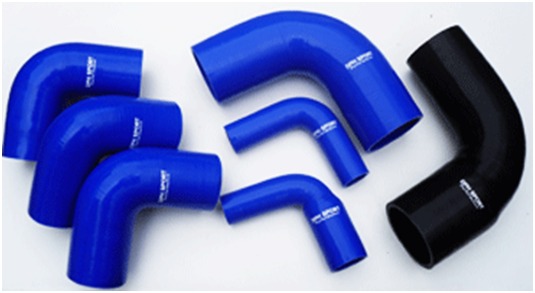The nitrogen crisis has come about as a result of global shifts in the production and use of reactive nitrogen without fully considering the impact of the nitrogen oxides and ammonia on the environment. The amount of reactive nitrogen released into the environment doubles annually through the use of nitrogen fertilizer and the combustion of fossil fuels. The resulting pollution in the atmosphere and marine life costs an estimated €70 to €300bn (£55 to £235bn) in Europe alone, mostly due to the impact on human health.

There are currently no international protocols to control the use of reactive nitrogen and there are no costs when dumping it into our oceans or atmosphere.
What are the solutions?
Switching from animal-derived foods to plant-based foods by between one-quarter and half could have a dramatic impact, cutting nitrogen and greenhouse gas emissions by up to 40 percent.
Part of the problem could be resolved by nitrogen-fixing leguminous crops such as lentils, peas, and beans; however, production has not increased in recent years due to difficulties in managing these crops and lower yields than more profitable cereal crops. There has been some success in introducing legume crops in Africa, with a key finding being that sharing knowledge and fitting the inoculant and legume crop to the particular setting is essential. One solution could be to generate legumes that are easier to grow and manage; for example, the Global Food Security programme BBSRC has been looking into creating ‘super lupins’ for animal feed.
Other possible solutions might include refining crops to have optimal nitrogen use efficiency, detecting crops that are associated with nitrogen-fixing bacteria, and trying to enhance the transfer of nitrogen to crops with root-associated nitrogen-fixing bacteria.
Another thing people can do is change to column radiators as they are much more efficient in the way they heat your home which means it needs to be on less. You can source these from sites like https://apolloradiators.co.uk/designer-radiators/roma-horizontal-steel-column-radiator.
Changing demands in the food industry
As the food industry evolves and changes globally, the demands of the food processing industry change. Specialists in used food machinery can help businesses to meet these demands.
In the longer term, it may be possible to genetically create nitrogen-fixing crops; however, this is a very long-term goal, with many issues to be dealt with. In the shorter term, optimizing the use of fertilizers and dealing with pollution is vital, with a good first step being to reduce the amount of animal-derived foods we consume.



